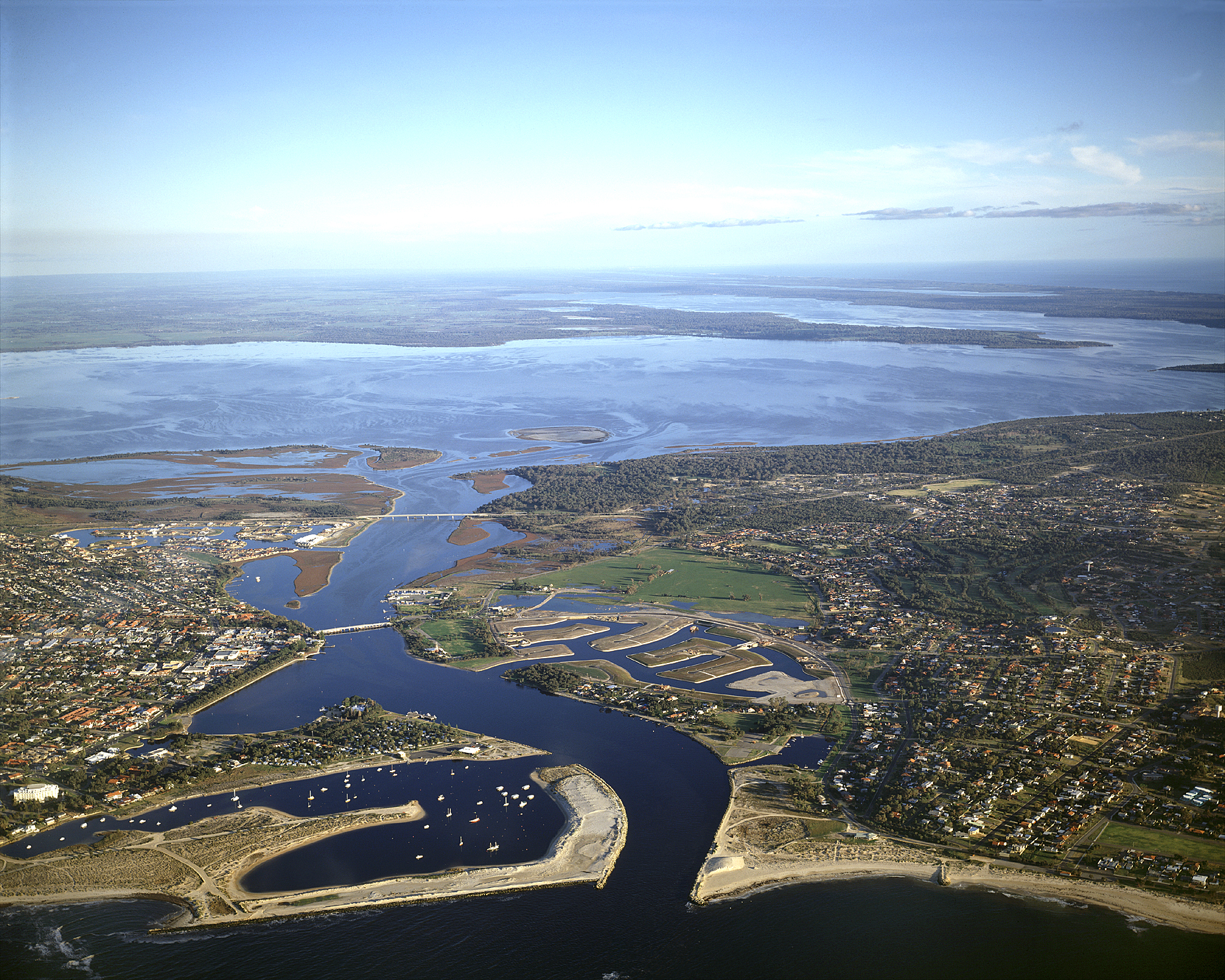Chapter 2 by Rosalind Bark, Darla Hatton MacDonald, Jeff Connor, Neville Crossman, and Sue Jackson
 Water resources are an input into the production of most goods, and water environments support economic uses such as fisheries, tourism, and recreation.
Water resources are an input into the production of most goods, and water environments support economic uses such as fisheries, tourism, and recreation.
Healthy water environments provide valuable ecosystem services such as maintenance of water quality and habitat, and many people intrinsically value and feel highly attached to water-related environments.
For indigenous Australians, water is central to culture and identity, as well as livelihood, but these values are poorly understood. Increasingly market mechanisms, such as water trading, are used to resolve competing uses, but regulation, community aspirations, and valuation of ecosystem services are also important future drivers.
Chapter 2 by Rosalind Bark, Darla Hatton MacDonald, Jeff Connor, Neville Crossman, and Sue Jackson
Water resources are an input into the production of most goods, and water environments support economic uses such as fisheries, tourism, and recreation.
Healthy water environments provide valuable ecosystem services such as maintenance of water quality and habitat, and many people intrinsically value and feel highly attached to water-related environments.
For indigenous Australians, water is central to culture and identity, as well as livelihood, but these values are poorly understood. Increasingly market mechanisms, such as water trading, are used to resolve competing uses, but regulation, community aspirations, and valuation of ecosystem services are also important future drivers.
